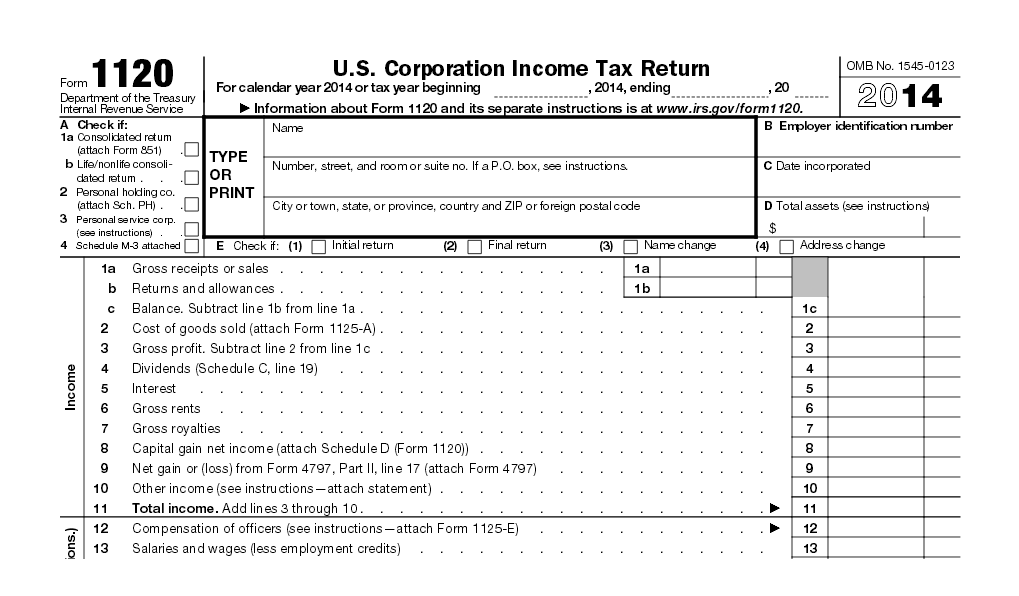 Recordkeeping is not about being a “paper-pusher.” It has a direct impact on your company’s ability to maintain its licenses and certifications. One failed audit, confidentiality breach, and/or client/employee identity theft can not only cause you to lose clients but can give certain regulatory agencies the authority to shut your business down.
Recordkeeping is not about being a “paper-pusher.” It has a direct impact on your company’s ability to maintain its licenses and certifications. One failed audit, confidentiality breach, and/or client/employee identity theft can not only cause you to lose clients but can give certain regulatory agencies the authority to shut your business down.
When these 3rd party regulatory agencies come in and poke around your office files, are they going to be satisfied?
The reality is that every business, regardless of size or industry needs some type of license and/or certification to legally operate. Having these requirements in place establishes your business as a trustworthy organization that clients and vendors can feel comfortable doing business with.
 6 Reasons You Should Maintain a Compliant Recordkeeping system:
6 Reasons You Should Maintain a Compliant Recordkeeping system:
- To file accurate tax returns on time that do not falsely alert IRS auditors
- To pass various industry audits and acquire or maintain licenses and certifications
- To easily prepare for litigation or respond to police investigation requests for evidence
- To minimize or prevent data breaches
- To avoid unnecessary fines, fees and penalties
- To maintain the right to legally operate your business
You can save your business with compliant recordkeeping by doing the following:
- Obtain a copy of all regulations your business is required to comply with. As a starting point, consider the following (some are industry-specific):
■ Internal Revenue Service (IRS)
■ U.S. Patent & Trademark Office
■ Department of Transportation (DOT)
■ Securities & Exchange Commission (SEC)
■ Health Insurance Portability and Accountability Act (HIPPA)
■ Federal Trade Commission (FTC)
■ State & Local Business License Requirements
■ Occupational Safety & Health Administration (OSHA)
■ Environmental Protection Agency (EPA)
■ Consumer & Employee Privacy Laws - Dissect these regulations into individual points of compliance per department (based on your business design). Create a list of all required documents, procedures, protocol, and audit dates.
- Determine responsibility for compliance in each department and assign a different person to act as a Quality Control checkpoint to monitor compliance.
- Create a paper and electronic filing structure to manage and maintain all necessary records.
- Apply a security framework. That framework can be a combination of fireproof/waterproof safes, locked file cabinets, restricted access networks, and remote data backup.
Don’t make the mistake of thinking compliant recordkeeping systems do not apply to your business! An investment in one today can save your business thousands, potentially millions, in future lawsuits, fines, fees or at worst, having your business shut down!
In the current American economy, audits of all types are on the rise. Is your business ready for an unexpected audit or investigation?











